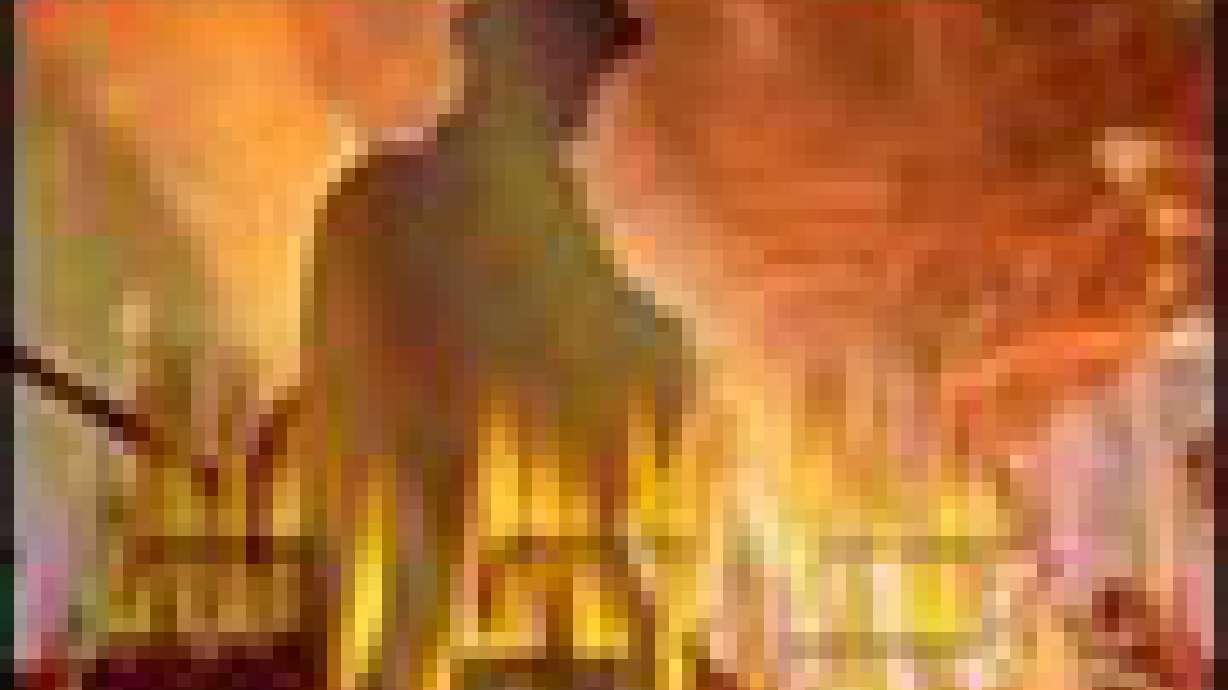Estimated read time: 2-3 minutes
This archived news story is available only for your personal, non-commercial use. Information in the story may be outdated or superseded by additional information. Reading or replaying the story in its archived form does not constitute a republication of the story.
John Hollenhorst ReportingThis may seem wildly out of season, but government agencies are looking for a bunch of people to fight wildfires. They've begun the annual recruiting drive for a growing problem. And a new scientific study suggests the trend toward more and bigger fires is just getting started.
We seem to be in an era when several factors have come together all at once to make wildfires worse in the West. And that means increasing demands on firefighters.
This year there were 89,000 wildfires that burned almost 10 million acres. The cost to the Forest Service alone was a billion and a half dollars.
The trend is toward more, bigger and hotter wildfires. It may partly result from climate change, but experts say it also reflects a century of doing the wrong thing. Historically, fires were so aggressively suppressed that tremendous loads of fire-fuel built up.
Utah's Wildfire Service Center is now taking applications for next summer's crop of firefighters. They remember quieter years when they were called into action only once in awhile.
Firefighting crews rely more and more on help from rural volunteer firefighters. Private companies are also getting into the game, organizing their own firefighting crews and selling their services.
A new scientific study says part of the explanation may be way to the East, in the Atlantic Ocean. Over the last 450 years, when Atlantic temperatures warmed up, fires in the West revved up, in cycles of 20 to 60 years. The current cycle may be just getting started, with Global Warming only adding to the concern.
Even without climate change, other factors have definitely pushed wildfire higher on the state and national agenda.
Glenn Beagle: "The problem of maybe doing our job too well, and suppressing a lot of fires".
That's what many experts consider the biggest problem: aggressive firefighting over the last century allowed too much fuel to build up.
***WILDFIRE FACTORS***
-Ocean Temperatures
-Fuel Buildup
-Drought
-Beetles
-Invasive plants
Other factors on the list are drought, tree-killing beetles, and invasive plant species that are highly flammable.
Some believe there's hope of turning around the trend.
Glenn Beagle: "There's just been an intensive, active, interagency effort to reduce the fuel loading. And I'd have to say we're going to get ahead of the game."
Meanwhile, as more people build homes in vulnerable areas, firefighting agencies are relying more and more on rural volunteer firefighters and private companies getting into the firefighting game.









